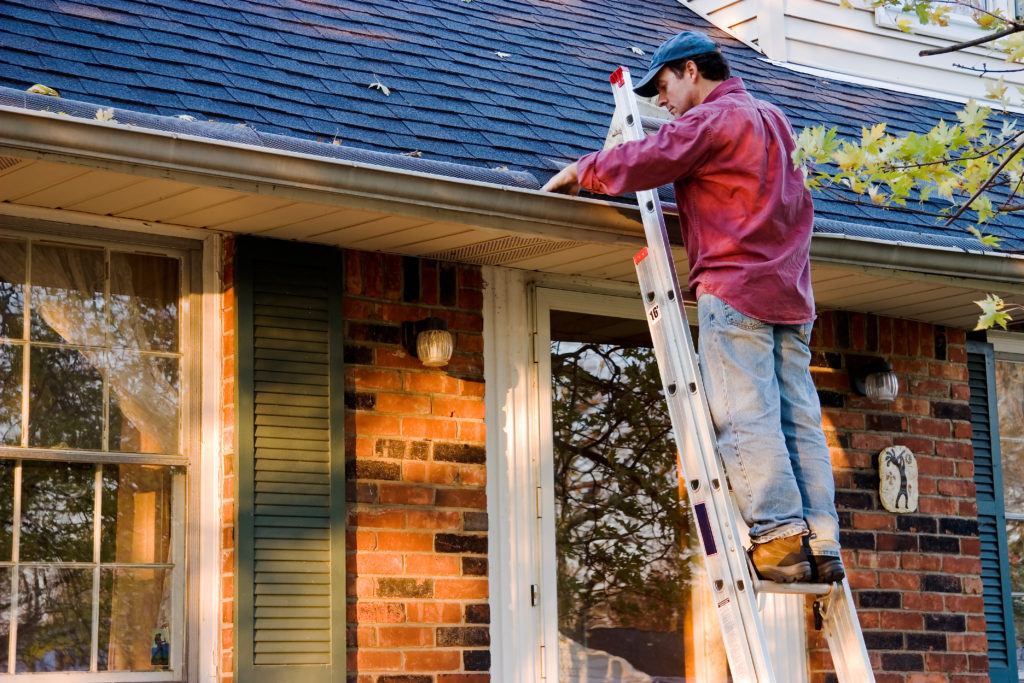budgeting
Effective Rental Property Maintenance Tips for Landlords

Ensuring Long-Term Success: Rental Property Maintenance Tips for Landlords
Rental property maintenance is a critical aspect of managing a successful rental business. Landlords who prioritize regular upkeep not only enhance the value of their property but also foster positive relationships with tenants. This guide offers valuable tips for effective rental property maintenance.
Regular Inspections: A Preventive Approach
Regular property inspections are the foundation of effective maintenance. Conducting routine checks allows landlords to identify potential issues before they escalate, saving both time and money in the long run. Addressing minor repairs promptly prevents them from turning into major problems.
Create a Comprehensive Maintenance Schedule
Establishing a well-organized maintenance schedule is essential. This includes regular tasks such as HVAC system checks, gutter cleaning, and pest control. By creating a comprehensive plan, landlords can stay on top of essential maintenance activities and ensure that nothing falls through the cracks.
Prioritize Safety Measures
Safety should always be a top priority. Regularly inspect safety features such as smoke detectors, carbon monoxide detectors, and fire extinguishers. Ensure that all safety equipment is in good working condition, providing a secure environment for tenants and complying with legal requirements.
Landscaping Matters: Curb Appeal and Property Value
The exterior of a rental property is the first impression for potential tenants. Investing in landscaping not only enhances curb appeal but also contributes to the overall value of the property. Regular lawn maintenance, tree trimming, and exterior cleaning are key components of a well-kept property.
Promptly Address Tenant Requests
Responsive communication is crucial when it comes to property maintenance. Landlords should encourage tenants to report any issues promptly, and equally important, address these concerns in a timely manner. This not only maintains tenant satisfaction but also prevents small problems from turning into major headaches.
Budgeting for Maintenance Expenses
Smart financial planning includes budgeting for maintenance expenses. Landlords should set aside a portion of the rental income for ongoing maintenance and unexpected repairs. Having a dedicated budget ensures that the property remains in top condition without causing financial strain.
Energy Efficiency Upgrades
Consider incorporating energy-efficient upgrades into your maintenance plan. Upgrading to energy-efficient appliances, installing programmable thermostats, and improving insulation not only reduce utility costs but also attract environmentally conscious tenants.
Stay Informed About Local Regulations
Understanding and complying with local regulations is crucial for landlords. Some areas may have specific maintenance requirements or guidelines. By staying informed, landlords can avoid legal issues and ensure that their property meets all necessary standards.
Professional Partnerships for Specialized Maintenance
For tasks that require specialized knowledge or skills, forming partnerships with professional service providers is advisable. Whether it’s plumbing, electrical work, or pest control, relying on experts ensures that maintenance tasks are handled efficiently and up to code.
Conclusion: A Proactive Approach to Rental Property Maintenance
In conclusion, adopting a proactive approach to rental property maintenance is a key factor in the long-term success of any landlord. Regular inspections, a comprehensive maintenance schedule, and responsive communication with tenants contribute to a well-maintained property. By following
